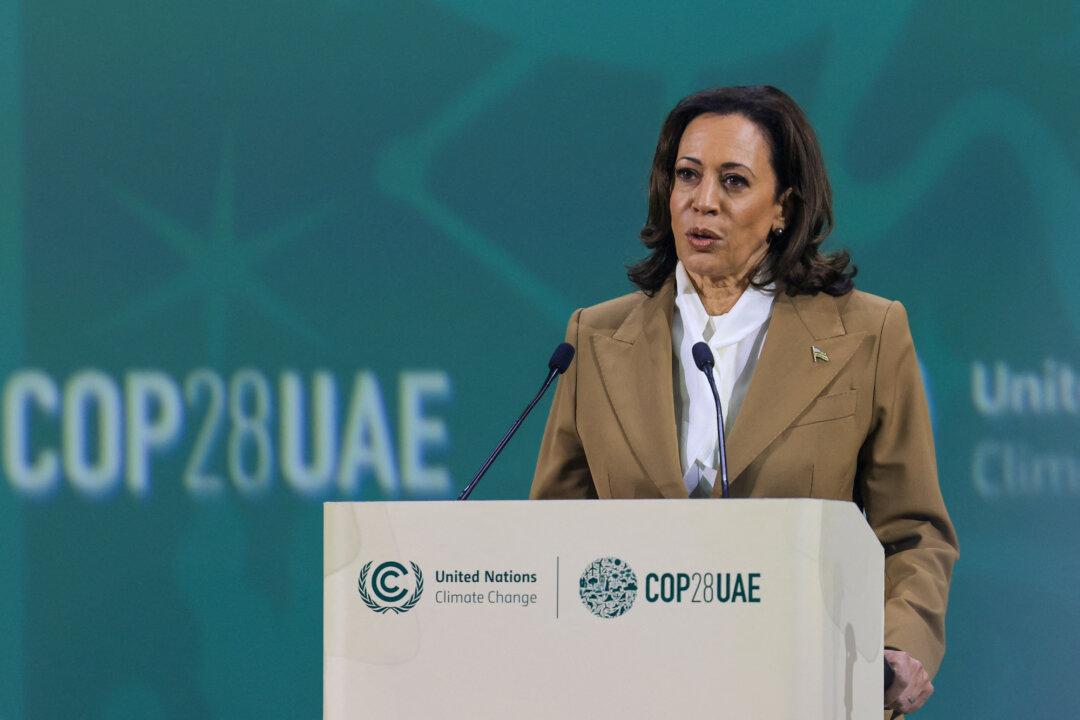The Biden administration on Wednesday said it is appropriating $600 million as grants to fund thousands of “environmental justice” projects across the country.
The grantmaking program, created by President Joe Biden’s so-called Inflation Reduction Act, is expected to make it easier and faster for “small, community-based organizations” to tap into federal “environmental justice” funding over the next three years, according to Vice President Kamala Harris.





